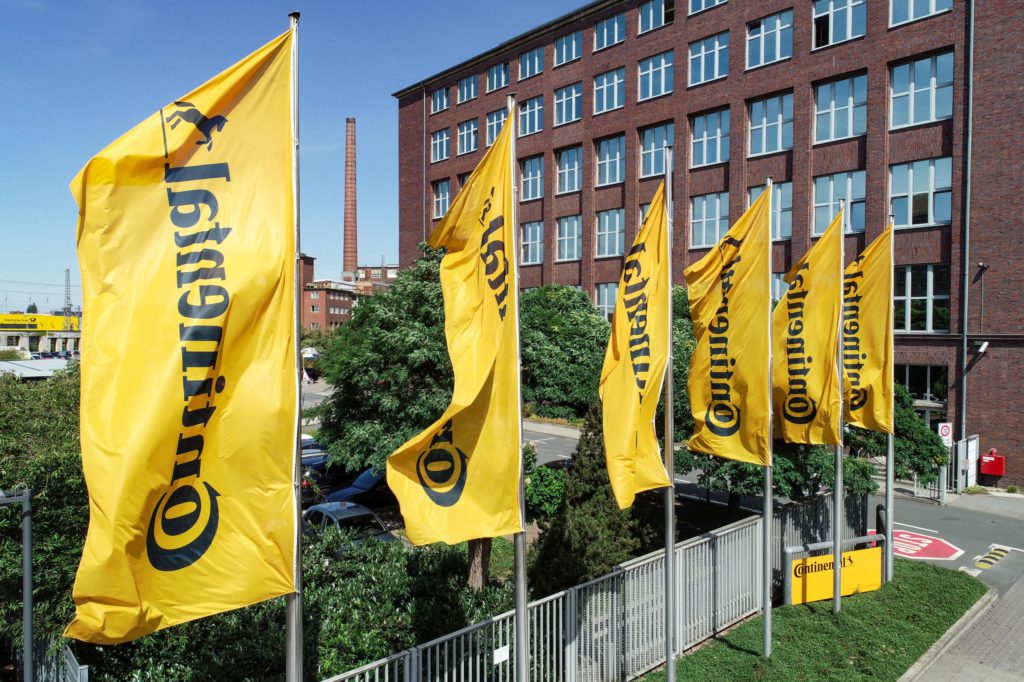Continental continues to suffer in market slowdown
23 October 2019

23 October 2019
Continental is to take a €2.5 billion impairment charge as it warns of a deep decline in the automotive industry.
As one of the biggest automotive suppliers, Continental has been hit hard by weak growth in China and a slowdown in global sales. The German company predicted there would ′not be a material improvement in global light vehicle production during the upcoming five-year period’. As a result, it will write down more than 100 acquisitions made over the past 30 years when it reports quarterly earnings next month.
Among these is its biggest-ever purchase, the automotive electronics firm VDO, which it bought for €11.4 billion just before the financial crisis.
′The main reason for this revaluation, which is required by accounting standards, is the revision of market expectations. Furthermore, there were changes in various assumptions, including the assumed long-term growth rates and the discount rate used,’ the company said in a statement.
Better results
The supplier said it expected its third-quarter results to be in line with expectations, with projected sales of about €11 billion, and an operating margin of 5.6%, down from more than 7% in the same quarter last year.
′Considering the unresolved trade disputes, the unclear situation regarding Brexit, and declining markets, we did reasonably well in the third quarter from an operational standpoint,’ said Continental’s CFO Wolfgang Schäfer.
′We do not anticipate that global production of passenger cars and light commercial vehicles will experience any material improvement in the next five years, so we have revised our assumptions for the medium-term market development accordingly.’
In September, chief executive Elmar Degenhart warned of an ′emerging crisis’ in the automotive industry and unveiled plans to cut costs by €500 million a year from 2023. The company said this would put 20,000 jobs at risk worldwide and involve the phasing out of production of petrol and diesel components at plants in three countries. The business has now confirmed that this restructuring will cost around €100 million.
Separate entity
Continental also announced that it would pursue a full spin-off, rather than a partial initial public offering, of its powertrain division, subject to shareholder approval at an AGM next April. The unit, now called Vitesco, has been struggling to adapt to the switch to electric cars.
The company has been planning to split its powertrain business since summer last year, but in April pulled back from plans to float the division. By spinning it out instead, the German supplier will have more options for separation as market conditions grow steadily more challenging. With a spinoff, the implementation of a new corporate structure will not be dependent on the volatile stock market.